Nitrous oxide emissions accelerating due to increased fertilizer demand — study
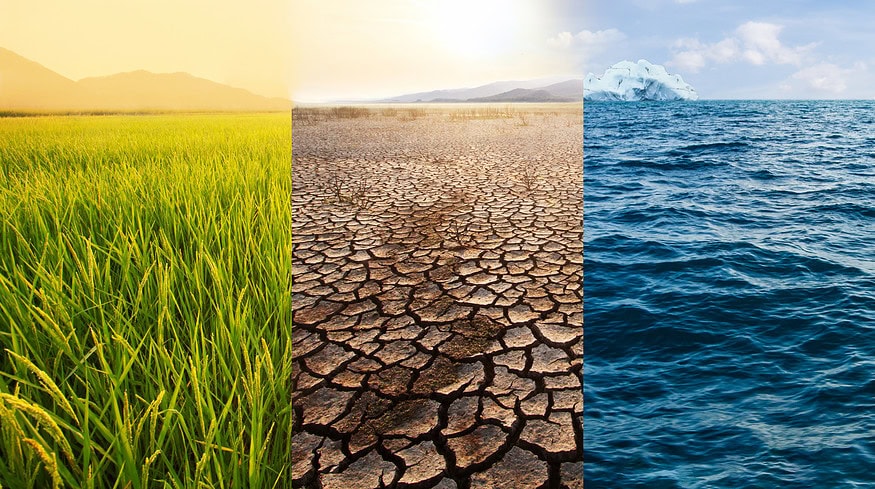
The role of food in climate change has become increasingly critical, highlighted by the environmental cost of agriculture—from production to consumption. Central to this issue is the substantial use of fertilizers and the escalating global demand for meat, which significantly contributes to the increase in nitrous oxide (N2O) emissions. This potent greenhouse gas, though less prevalent than carbon dioxide, has a warming potential 300 times greater and can persist in the atmosphere for over a century.
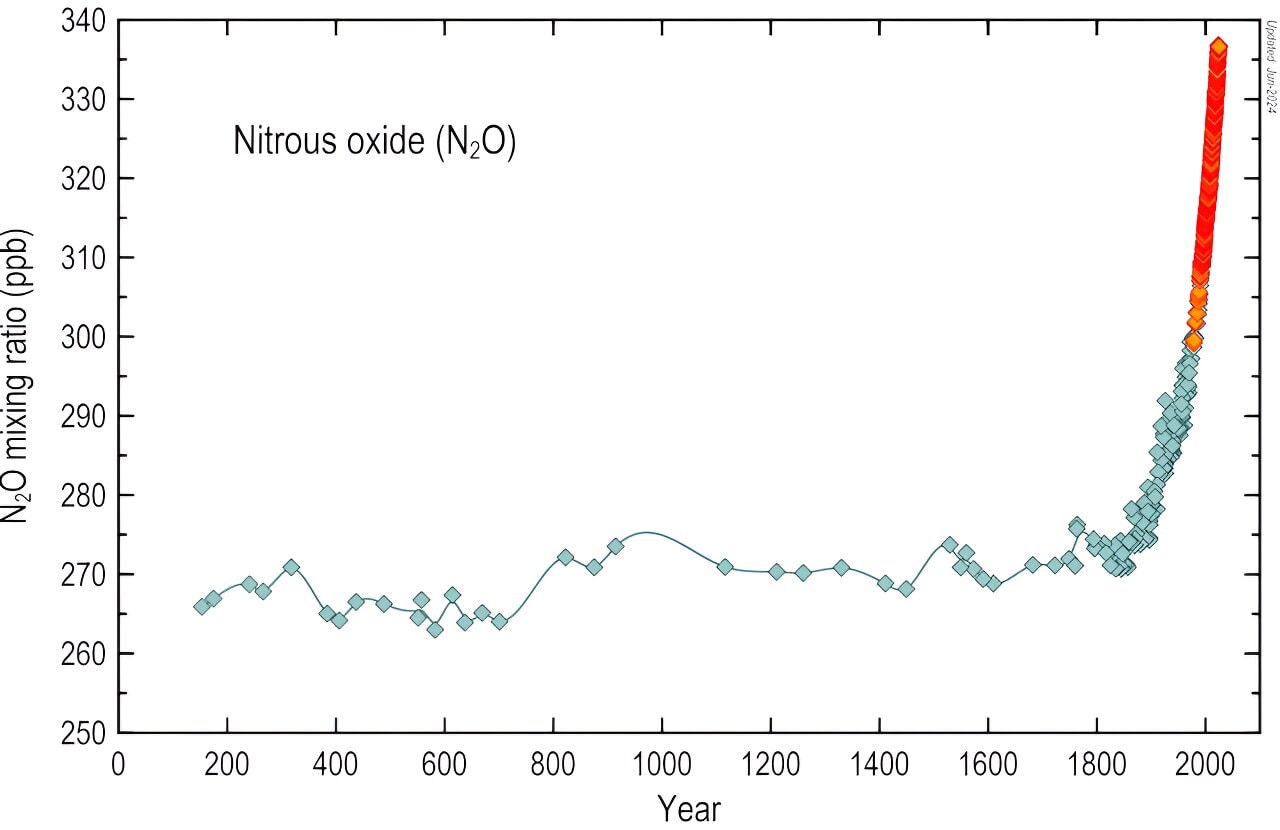
Recent studies by a team of Earth, climate, and atmospheric scientists have provided the most detailed assessment to date of N2O emissions stemming from food production. Their findings reveal a disturbing trend: atmospheric N2O levels are now approximately 25% higher than pre-Industrial Revolution figures, with a rapid acceleration noted in recent years. This increase is primarily driven by the use of fertilizers and the management of livestock manure.
The implications of rising N2O levels extend beyond global warming. This gas also plays a role in depleting the ozone layer and contributes to water pollution through nitrogen runoff, which can lead to harmful algal blooms and dead zones in aquatic environments.
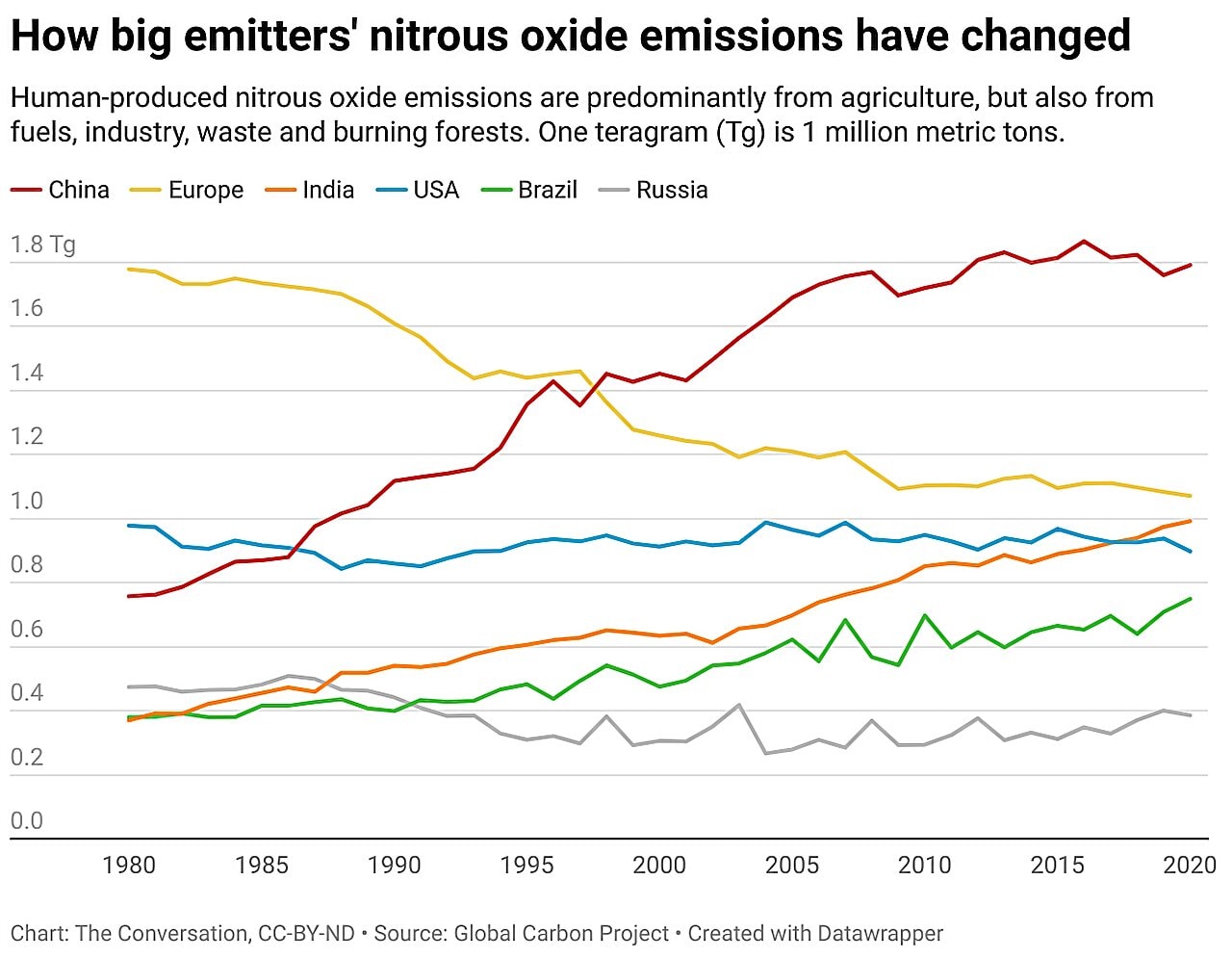
Addressing the surge in N2O emissions is feasible with current knowledge and technology. Effective strategies include optimizing fertilizer application through precision agriculture, enhancing livestock management practices, and promoting nitrogen-efficient fertilizers. Additionally, policy interventions and individual choices, such as reducing meat consumption and adopting more plant-based diets, can significantly mitigate N2O emissions.
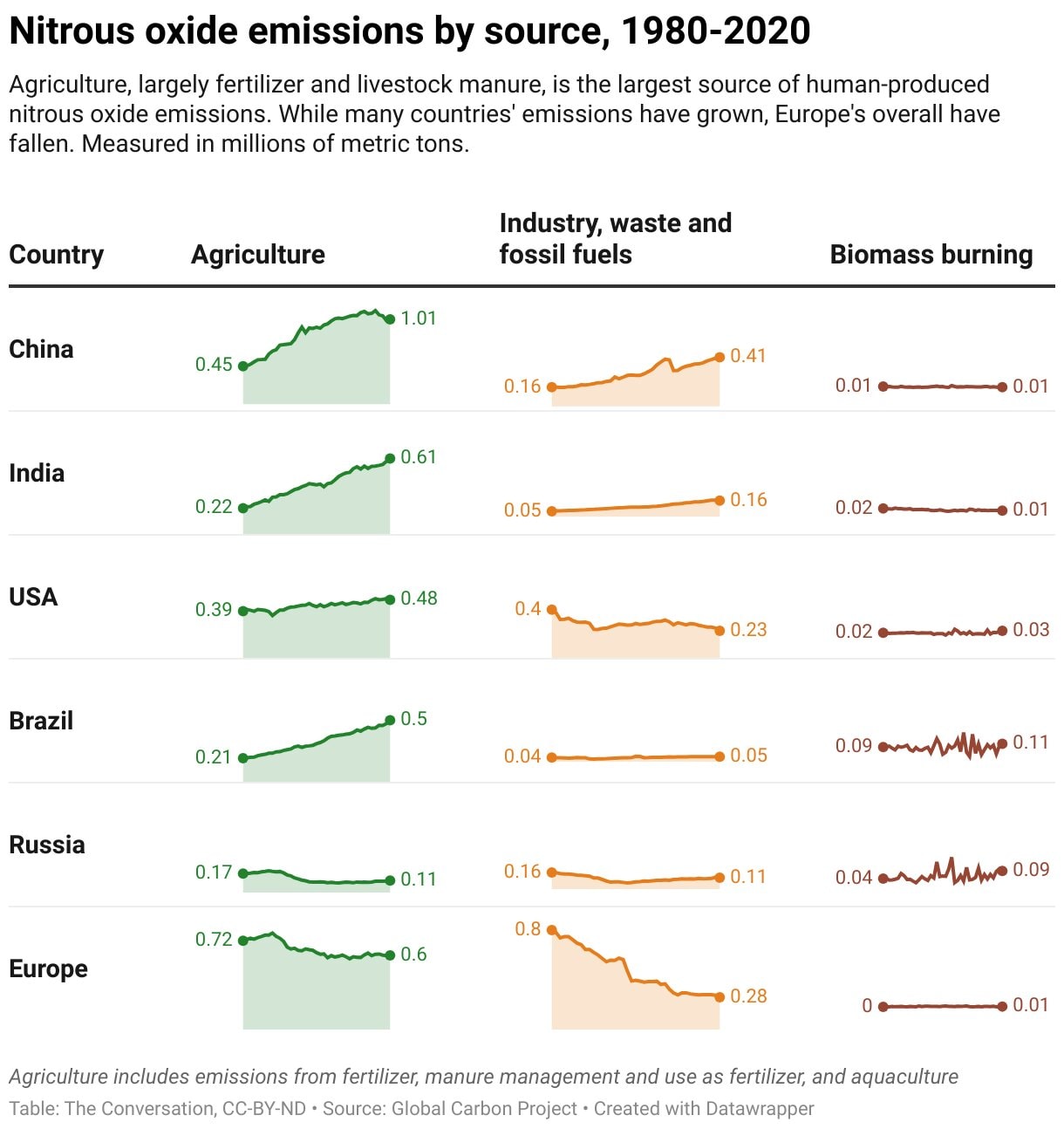
While some countries have made progress in curbing these emissions through improved agricultural practices and industrial reforms, others, especially in emerging economies, continue to face challenges due to increased agricultural productivity aimed at meeting food demands. The global disparity in N2O emissions underscores the need for a coordinated international response to address both the causes and consequences of this escalating environmental threat.
Source: Phys.org
Enjoyed this story?
Every Monday, our subscribers get their hands on a digest of the most trending agriculture news. You can join them too!










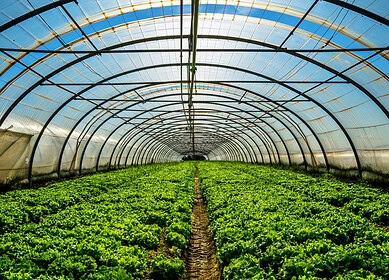
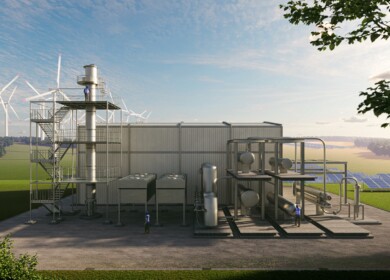

Discussion0 comments